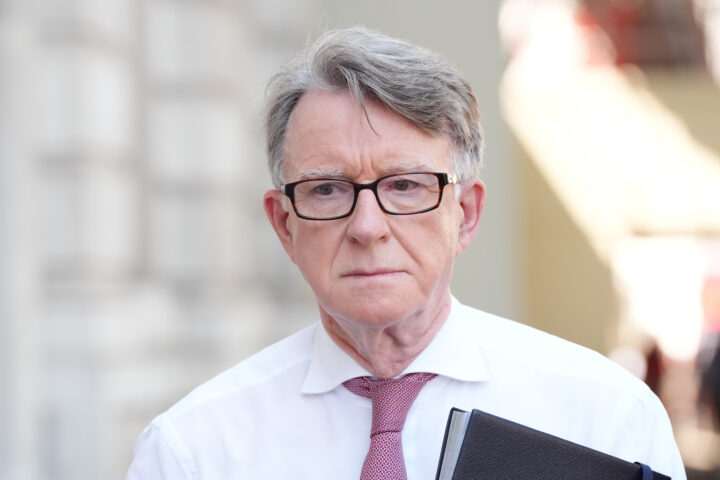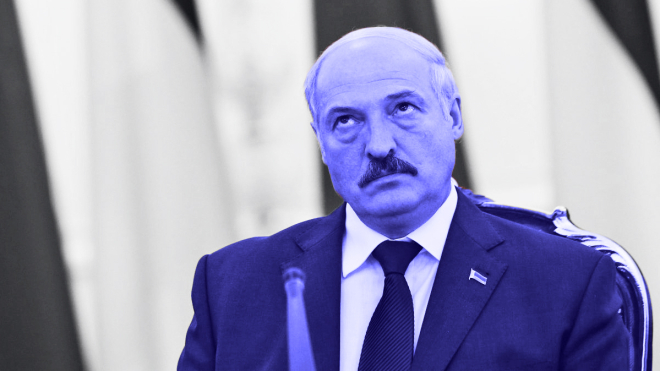Moldovan authorities reported a significant police operation in Chisinau after discovering over 200 ballots marked “Votat” in a printing house linked to the pro-Russian bloc “Alternative.” The finding has intensified concerns ahead of Moldova’s parliamentary elections scheduled for September 28. One of the bloc’s leaders, Chisinau Mayor Ion Ceban, denied any wrongdoing, claiming the ballots were intended for election advertising and pledged to challenge police actions in court.
Details of the raid and alleged fraud scheme
The police raid uncovered ballots pre-marked for bloc “Alternative,” raising suspicions of a coordinated scheme to manipulate results through a method known as a “carousel.” This tactic involves voters submitting pre-filled ballots while removing and reusing official ones for repeated voting. Authorities communicated their discovery to the Central Election Commission of Moldova, signaling potential interference in the electoral process.
Rising tensions and pro-Russian influence in Moldova
Bloc “Alternative,” led by Ion Ceban, has faced numerous allegations of voter influence and manipulation. Current polls place its support at around 6%, showing a downward trend linked to sanctions against Ceban, including travel bans to Romania and Schengen countries. Moldova’s election law requires parties to pass a 5% threshold, while blocs must exceed 7% to enter parliament. Other pro-Russian groups, including the “Patriotic Electoral Bloc” aligned with oligarch Ilan Shor, have been accused of building electoral networks, spreading disinformation via social media, and financing campaigns through opaque channels, including cryptocurrencies and Russian banks.
Evidence of external destabilization efforts
Security sources report that Russia has invested up to €200 million in efforts to destabilize Moldova through voter bribery, organized protests, and information campaigns. Concerns also focus on the potential mobilization of pro-Russian communities in Transnistria, where Russian peacekeepers are stationed, posing strategic risks to southern Ukraine. On September 22, Moldovan authorities detained 74 individuals trained in Serbia in the use of weapons, street fighting, and anti-police tactics, reinforcing fears of organized unrest linked to foreign coordination.
Potential consequences of the elections for Moldova and the region
A pro-Russian parliamentary majority could significantly reshape Moldova’s trajectory, including moves to impeach pro-European President Maia Sandu and altering the country’s foreign policy. Such a shift could heighten threats to Ukraine’s southern front, particularly the security of Odesa, while also marking a strategic setback for European influence in Eastern Europe. Conversely, maintaining a pro-European course would undermine Russian influence and act as a deterrent to further destabilization efforts in the region.















